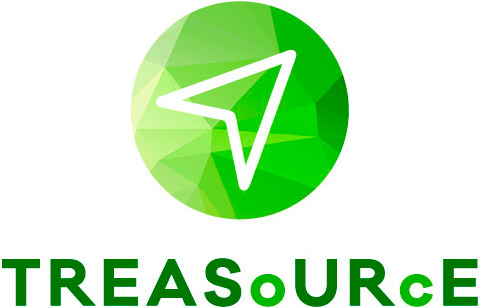
The BESS at Trosvik school will be installed and operational in the autumn of 2023, and will, among other things, help the building utilize self-produced solar energy more efficiently as well as contribute to stabilizing the electricity grid. The demonstration system will contribute to increasing knowledge about the reuse of electric car batteries, how they work in practice and how stationary batteries connected to the power grid can be used to balance the need for electricity. The aim is to make the market and technology more mature. The pilot project is led by the research institute SINTEF and the battery systems are supplied by the Norwegian battery company ECO STOR AS.
There are several economic, environmental and social benefits to this type of BESS. The system will store surplus energy from solar panels, which can be used for peak shaving during high demand periods for the school. The system can shift energy consumption to reduce energy costs and help stabilize the power grid. From an environmental perspective, reusing electric car batteries will reduce the environmental impact of the system and save critical minerals and other natural resources by extending the life of the batteries.
Trosvik school is one of the largest primary schools in Fredrikstad municipality, after several expansions. When the new building of 2,500 m2 was established in 2018, a geothermal heating system and 44 kWp of solar panels were also installed, integrated into the new roof. Trosvik school was the first of Fredrikstad’s municipal purpose-built buildings to have solar panels on the roof and will also be the first building to have a battery system installed to make better use of solar energy.
Today, Fredrikstad municipality considers solar panels in all new construction and roof rehabilitation projects. “With today’s varying electricity prices, we expect that battery systems in buildings will become more and more relevant, especially in buildings with solar panels. The TREASoURcE project will give us valuable experience with second life battery systems in buildings”, says Helene Bøe Tømmerbakke, Energy advisor in Fredrikstad. Reuse of batteries is in line with Fredrikstad municipality’s climate plan, where circularity is emphasized in order to achieve the objective of a 60% reduction in greenhouse gas emissions in the period 2016-2030.
The battery system will be in operation and collect data for research until May 2026, and the operation of the systems will be optimized throughout the project period based on data and experience. After the project period, the batteries can still be used to ensure good resource utilization, and they can easily be moved to new locations if necessary.
About TREASoURcE
TREASoURcE is an initiative funded by the European Union under the Horizon Europe research and innovation programme with a total budget of EUR 9.99 million. The four-year project (2022-2026) is coordinated by VTT Technical Research Centre of Finland Ltd, and the consortium consists of 17 partners from six European countries. The partner organisations include four research and technology organisations or universities: VTT, SINTEF, SDU, TalTech; seven cities and regions: Forum Virium Helsinki, EcoFellows Ltd, Business Tampere, Viken County Council, Fredrikstad kommune, City of Tallinn, Tartu City; a rural and primary producers’ union MTK; two small and medium size enterprises: GreenDelta, CLIC Innovation; and three industrial partners: Topsoe, Polyfuels Group AB and ECO STOR. Project website: https://treasource.eu/
For more information, contact
Mathias Winther Thorsen, Battery Systems Engineer, ECO STOR AS
mathias.thorsen@eco-stor.no, +47 913 95 282
Fride Vullum-Bruer, Senior researcher, SINTEF Energi AS
fride.vullum.bruer@sintef.no, +47 986 67 654
Helene Bøe Tømmerbakke, Energy and environmental consultant, Fredrikstad Municipality
Heltom@fredrikstad.kommune.no, +47 417 89 787
